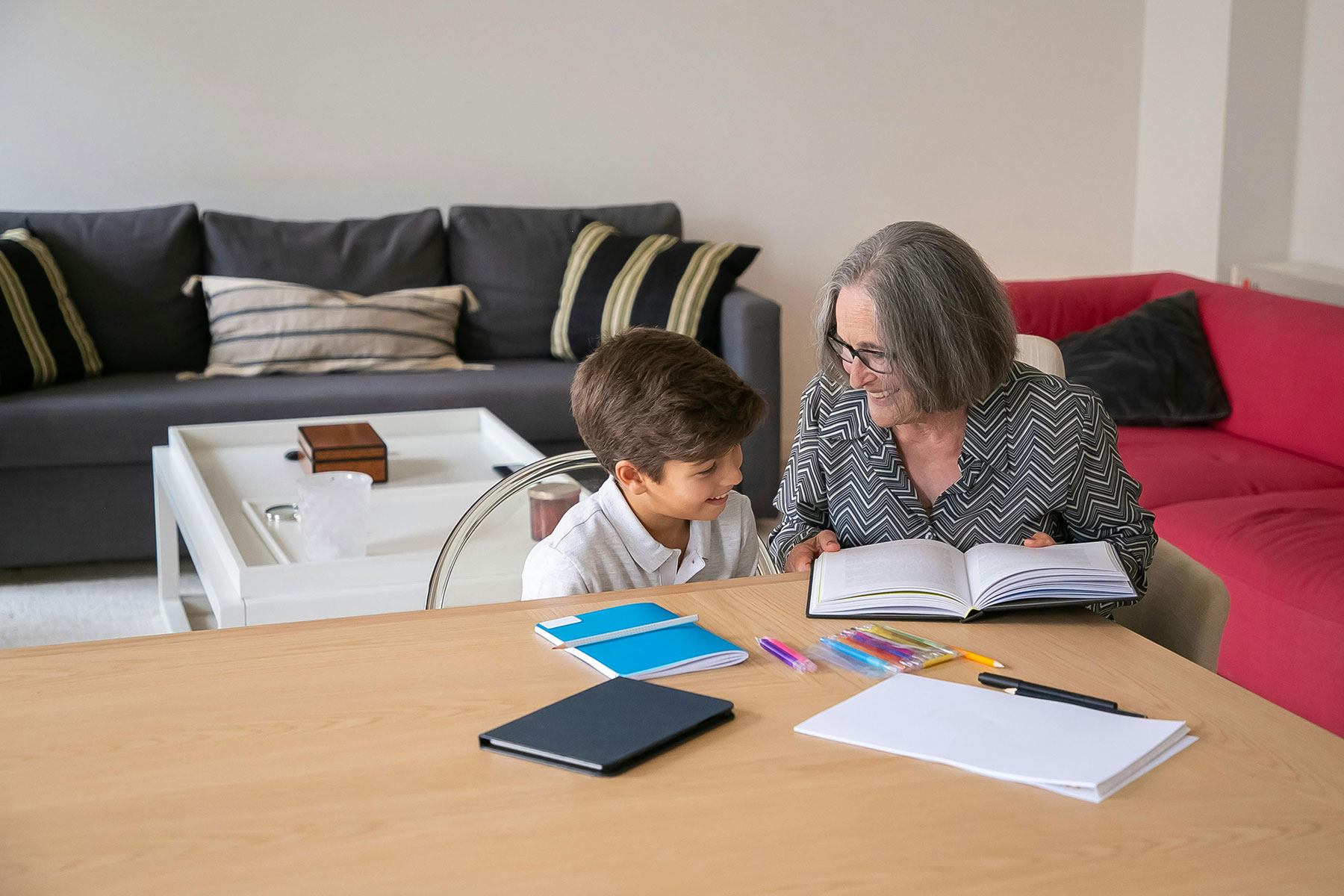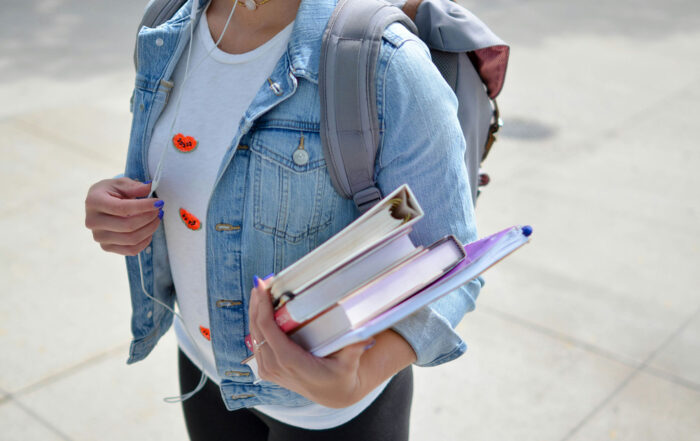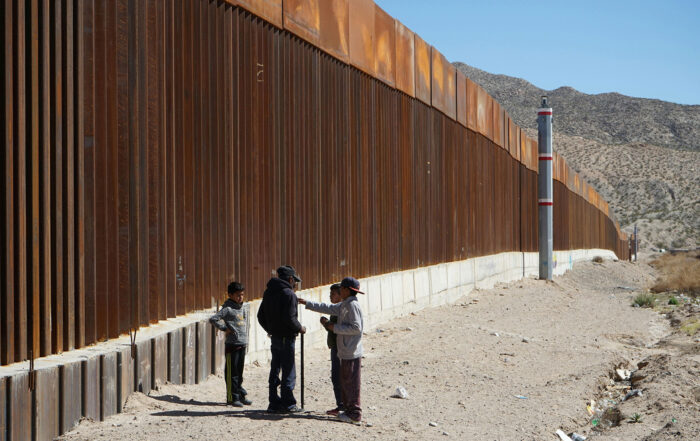
By VICKI ZAKRZEWSKI
If I asked you to tell me what you remembered most about your favorite teacher growing up, I bet you wouldn’t say much about the subject matter. Instead, I’d expect you to describe how he or she made you feel as you learned that subject matter—the sense of excitement or discovery you felt, or the safety to take chances and make mistakes, or the confidence that you were valued as a human being, warts and all.
According to research, few factors in education have a greater impact on a student’s educational experience than a caring relationship with his or her teacher.
One researcher described it this way: Imagine two teachers teaching the same lesson on poetic construction. One is very impatient with students and the other supportive. Knowing only that, we can probably guess which students learned the lesson better.
Science has found that students who have caring relationships with teachers are academically more successful and show greater “pro-social” (or kind, helpful) behavior. A caring teacher can transform the school experience especially for students who face enormous difficulties, such as dropping out or dysfunctional home lives. One student who faced these kinds of hardships told a researcher that the greatest thing a teacher can do is to care and to understand. “Because if not,” he said, “the kid will say, ‘Oh, they’re giving up on me, so I might as well give up on myself.’”
Share This Post!
Children, Teens Are in a ‘Mental Health State of Emergency,’ Child Health-Care Groups Warn
By Alyson Klein There’s been a quieter, parallel pandemic happening alongside COVID-19: a spike in significant mental health problems among young people, spurred by isolation, uncertainty, fear, and grief. Mental health [...]
Making the Connection: Trauma and Substance Abuse
Data from the most recent National Survey of Adolescents and other studies indicate that one in four children and adolescents in the United States experiences at least one potentially traumatic event before [...]
Helping immigrant children heal
Twenty years ago, Hami Torres fled Mexico at age 13, her 11-year-old brother in tow. Terrified, they trekked for hours with a group of older strangers through desert scrub that slashed Hami's [...]
What is test anxiety and how can we support students when they experience it?
As the first day of school approaches, parents and children gather their backpacks as educators finalize lesson plans and ready their classrooms. The new school year offers a fresh start for students [...]
Managing stress during the COVID-19 pandemic
While we are all focusing on taking care of our physical health as the outbreak of COVID-19 develops, it’s also important to keep our mental health a priority. When there is a [...]
Integrating parents with trauma histories into child trauma treatment: Establishing core components.
To identify core components of parent/caregiver integration into evidence based child trauma treatment models, specifically those parents/caregivers who have experienced trauma themselves. The Parent/Caregiver Trauma and Healing Coordinating Group (PCTHCG) of the [...]







